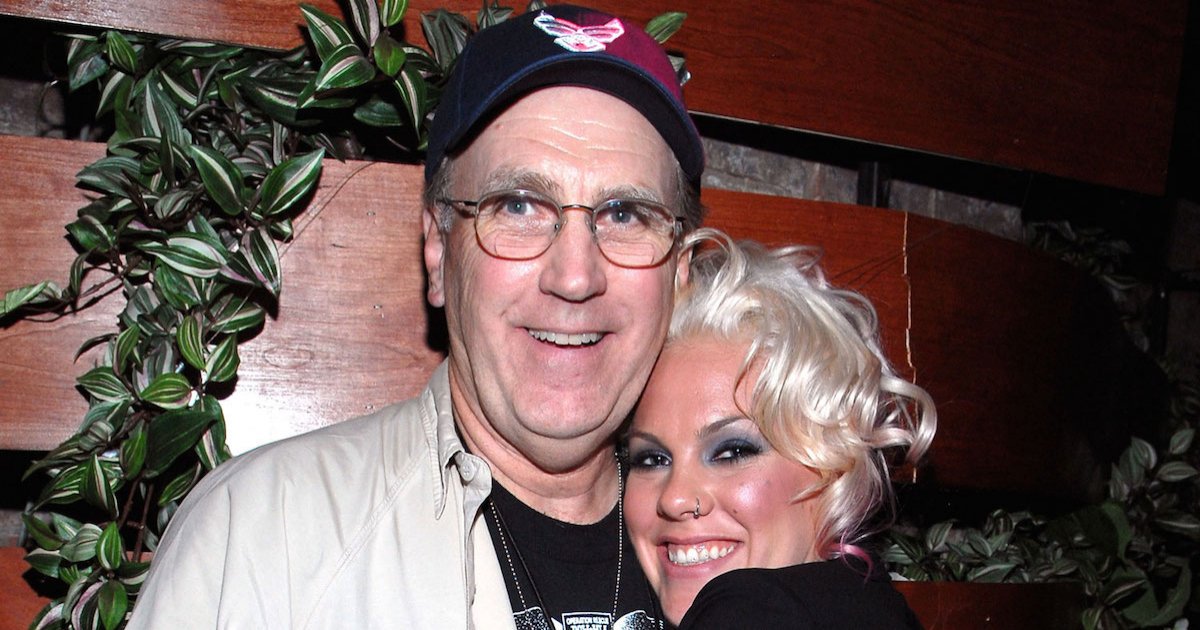Watching a parent battle cancer can be an extremely difficult experience for a child to endure. While it may be challenging to remain upbeat and positive, Grammy-award winning singer P!nk shared that her father is cracking jokes a head of undergoing surgery for his back. Clearly, his strength and positive attitude are shining through, even after his recent treatment for prostate cancer.
On Instagram, P!nk, 40, shared a photo of her father Jim Moore awaiting surgery after he fell off a ladder and fractured his back causing him to lose function in his legs. According to P!nk, the fall occurred after Moore had completed his second round of chemotherapy treatment for prostate cancer.
Read MoreChemotherapy During Prostate Cancer Treatment
For other types of cancers, chemotherapy is typically a first-line treatment for early or late stage diagnoses. However, in the case of prostate cancer, chemotherapy is typically considered when the disease is in advanced stages and is no longer responding to prior therapies. Once it’s determined that patients haven’t responded to prior therapies, it’s sometimes recommended chemotherapy should be administered sooner rather than later, which can help patients’ overall survival rate increase prolonging their life by possibly up to a year.
“The question is when is essentially the right time for chemo, and what are the questions you as a patient need to ask? Everything in life is risk benefit,” says Dr. Stephen Freedland, the Director of the Center for Integrated Research in Cancer and Lifestyle at Cedars-Sinai. “With chemo, it’s no different. What are the risks, and what are the benefits? One of the benefits is when done right, you live longer, and that’s great. We all want to live longer.”
In addition to prolonging survival, chemotherapy has also shown benefits in relieving pain in patients whose cancer has spread to other parts of their body, specifically their bones.
Dr. Stephen Freedland explains how chemotherapy can help late stage prostate cancer patients
Positivity During Cancer Treatment It’s Not Always Easy
Experts have told SurvivorNet that while treating cancer patients, they’ve noticed those patients who are able to have a positive attitude typically do better throughout treatment. However, it’s understandable that remaining upbeat while battling cancer, or once receiving a cancer diagnosis, is easier said than done.
Kate Bowler, a survivor of stage 4 colon cancer, admitted to SurvivorNet that she felt pressured to remain positive while undergoing treatment referring to it as “bright-siding.”
“I hate the bright siding, because I would never want someone who’s suffering to feel the burden of positivity,” Bowler said.
While coping with cancer, many cancer patients turn to faith and prayer as a way to remain positive during treatment, and despite Bowler being a devote Christian, she still struggled with relying on faith to guide her through. She says that many people of her faith made her feel guilty for “not trying hard enough” to connect spiritually during this difficult time. However, she was able to balance the pressure she felt with the desire to get treatment in order to come out on top.
Colon cancer survivor Katie Bowler says it was difficult for her to remain positive during treatment
“It was an unbelievable source of support, because very conveniently the hospital is attached to the place I work, which is a divinity school, which is to say it’s the place where people teach pastors how to be lovely people and helpful,” Bowler explained. “So when they came over and just poured out their love on me, that remade me in a way that I didn’t realize that I needed.”
Learn more about SurvivorNet's rigorous medical review process.

